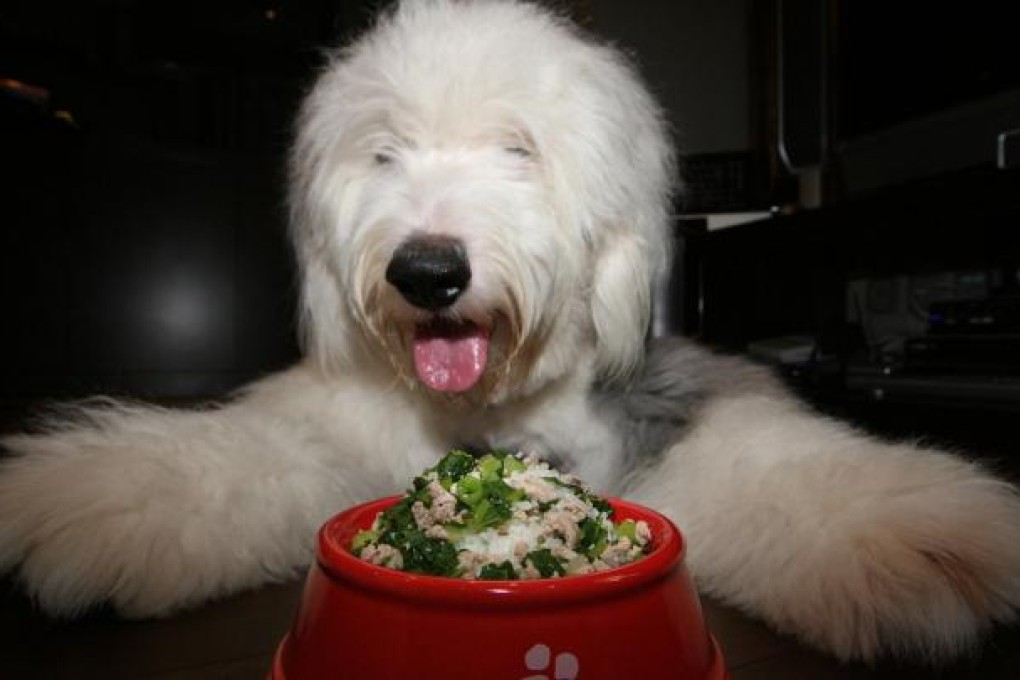Short Science, January 27, 2013
The National Institutes of Health, America's foremost medical research agency, will no longer fund studies involving chimpanzees. It also plans to review all ongoing studies using chimpanzees. "While used very selectively and in limited numbers, chimpanzees have served an important role in advancing human health in the past," the NIH said.

The National Institutes of Health, America's foremost medical research agency, will no longer fund studies involving chimpanzees. It also plans to review all ongoing studies using chimpanzees. "While used very selectively and in limited numbers, chimpanzees have served an important role in advancing human health in the past," the NIH said. "However, new methods and technologies developed by the biomedical community have provided alternatives to the use of chimpanzees in several areas of research." The US is the only industrialised country still using primates for medical research. The European Union banned the practice in 2010, following Japan, Australia and other developed countries. AFP
When humans gaze up at the night sky, they may view the fuzzy streak of the Milky Way and contemplate their place in the universe. When dung beetles see it, their thoughts turn to keeping their food source away from other insects. Scientists have found that the insects use the glowing edge of the galaxy to guide them as they roll their balls of dung across the African landscape. If any bug needs a straight line to follow, it is the dung beetle. These nocturnal insects make a habit of balling up pieces of manure and rolling them away to store. The balls, considerably bigger than the beetles' 2.5cm-long bodies, serve as food and even a nesting place. If they do not keep a straight line they could end up back where they started. McClatchy-Tribune